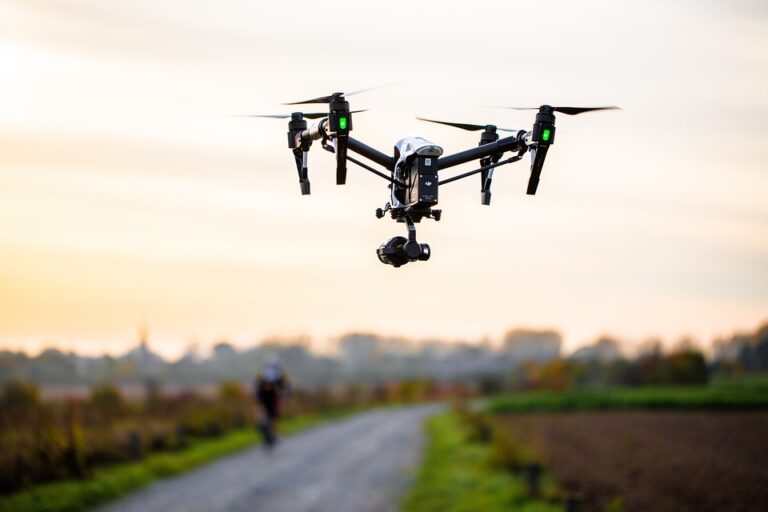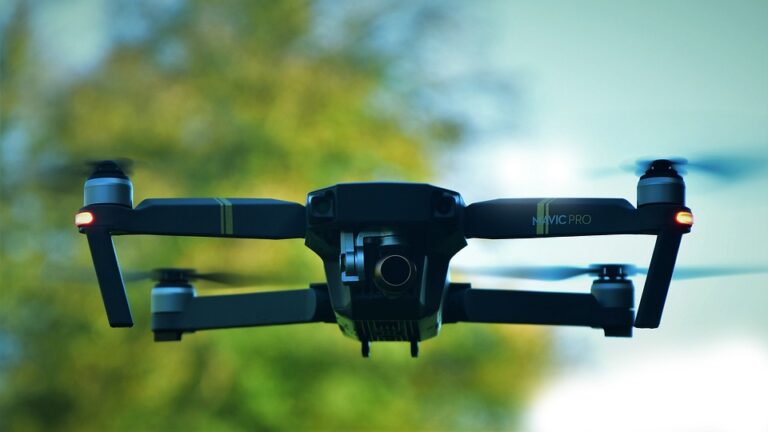The concept of home automation systems has been around for several decades, but recent advancements in technology have brought this futuristic idea closer to reality. With the rise of smart devices and the Internet of Things (IoT), homeowners can now transform their living spaces into intelligent, interconnected environments. These home automation systems are revolutionizing the way we interact with our homes, offering countless benefits in terms of convenience, energy efficiency, and security.
One of the primary advantages of home automation systems is the convenience they provide. Imagine being able to control every aspect of your home with just a few taps on your smartphone or even through voice commands. From adjusting the temperature, turning on the lights, and managing appliances, to setting up personalized schedules for different devices, home automation systems allow homeowners to have complete control over their living spaces. This level of convenience not only saves time but also streamlines daily routines, making life more efficient and hassle-free.
Energy efficiency is another significant benefit of home automation systems. With the ability to monitor and control energy usage in real-time, homeowners can optimize their energy consumption and reduce wastage. For instance, smart thermostats can learn your heating and cooling preferences and automatically adjust the temperature based on your occupancy patterns. This not only saves energy but also reduces utility bills. Similarly, smart lighting systems can detect when a room is unoccupied and automatically turn off the lights, minimizing unnecessary energy usage.
Home security is a top priority for homeowners, and home automation systems offer enhanced safety measures. Smart security systems equipped with motion sensors, surveillance cameras, and door/window sensors provide real-time monitoring and alerts. Homeowners can remotely access the security footage, receive notifications about any suspicious activities, and even control access to their homes through smart locks. Furthermore, the integration of these security systems with other smart devices allows for a more comprehensive approach to home safety.
The future of home automation systems holds even more exciting possibilities. As technology continues to advance, we can expect to see greater integration and interconnectivity among devices. Home automation systems will become more intelligent and intuitive, learning from our preferences and adapting to our needs. For example, imagine a home that automatically adjusts the lighting, temperature, and music to create the perfect ambiance when you enter a room. Or a refrigerator that maintains an inventory of its contents and generates a shopping list when items run low. The potential for innovation in this field is limitless.
However, as we embrace the future of living with home automation systems, it is essential to address concerns about privacy and security. With the increasing number of connected devices, data privacy becomes a critical issue. Manufacturers and homeowners must prioritize secure communication protocols and robust data protection measures to ensure the safety of personal information.
In conclusion, home automation systems are transforming the way we interact with our homes. With convenience, energy efficiency, and enhanced security, these systems offer numerous benefits to homeowners. As technology continues to evolve, we can expect even more exciting advancements in home automation, making our living spaces more intelligent, intuitive, and personalized. The future of living is here, and it is automated.




